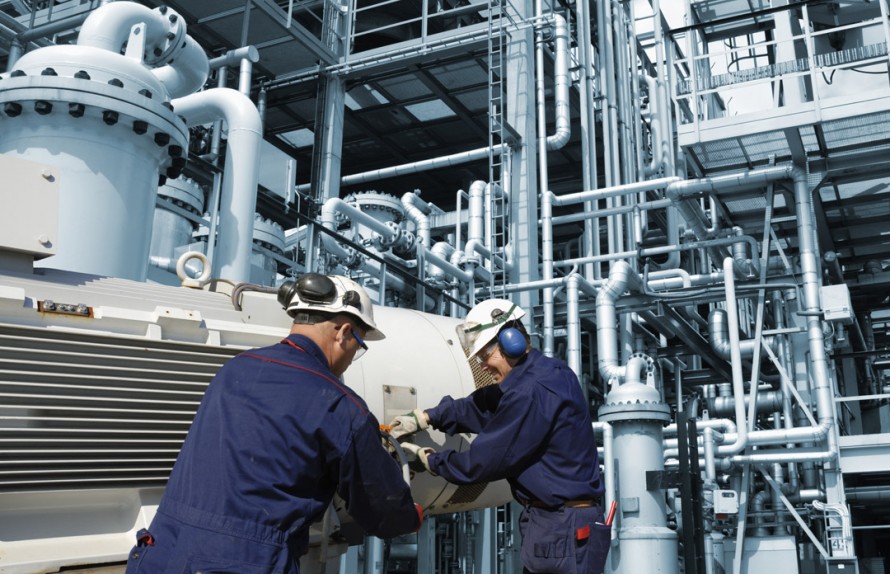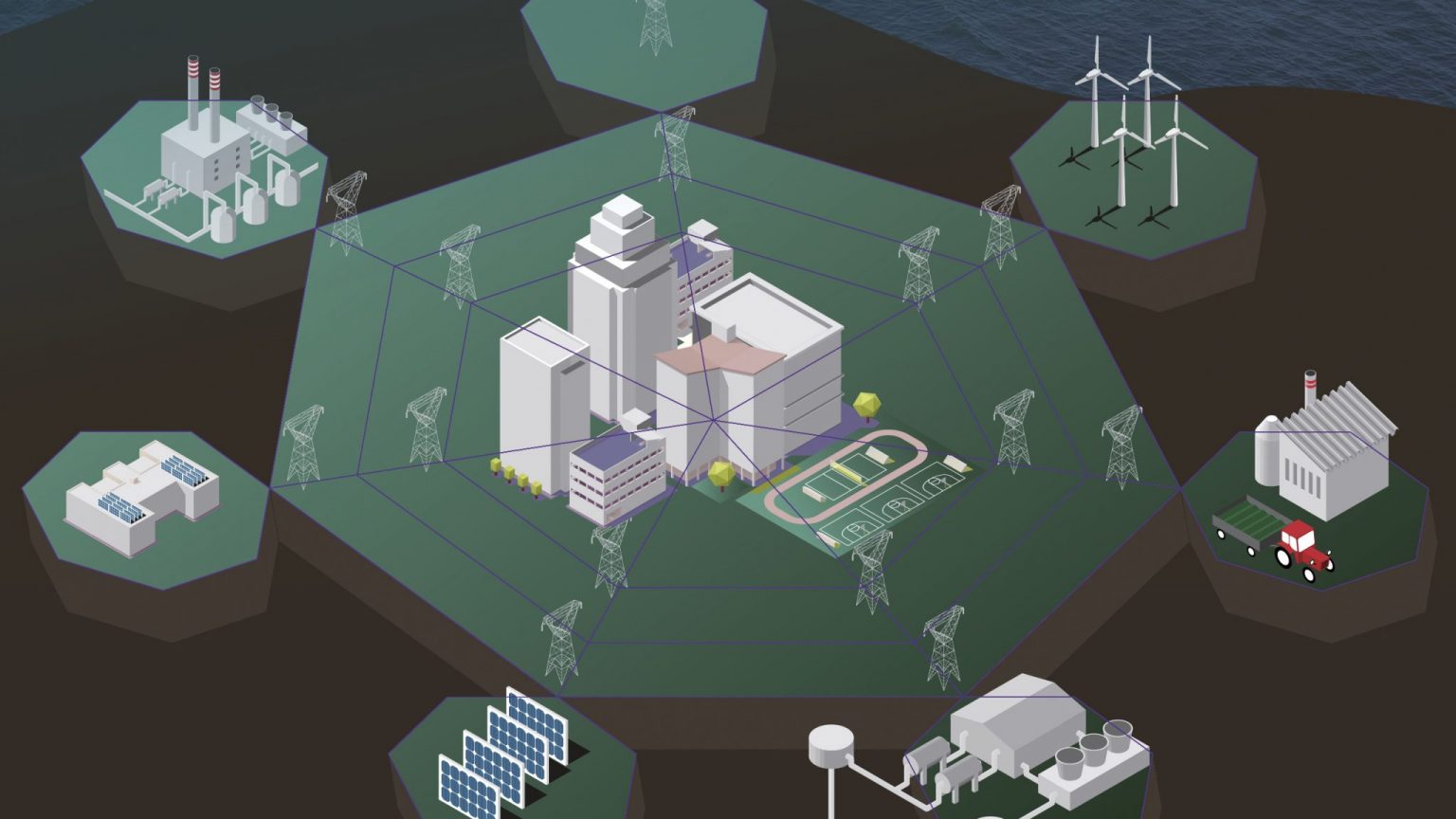

This course is intended to give nonelectrical professionals a fundamental understanding of large, interconnected electrical power systems with regard to terminology, electrical concepts, design considerations, construction practices, and industry standards, control room operations for both normal and emergency conditions, maintenance, consumption, telecommunications, and safety. Several practical examples, photographs, drawings, and illustrations are provided to help the reader gain a fundamental understanding of electric power systems. The goal of this book is to have the nonelectrical professional come away with an in-depth understanding of how power systems work, from electrical generation to household wiring and consumption by connected appliances. Starting with terminology and basic electrical concepts used in the industry are also covered. Then, progress through generation, transmission, and distribution of electrical power. The reader is exposed to all the important aspects of an interconnected power system. Other topics discussed include energy management, conservation of electrical energy, consumption characteristics, and regulatory aspects to help readers understand modern electric power systems in order to effectively communicate with seasoned engineers, equipment manufacturers, field personnel, regulatory officials, lobbyists, politicians, lawyers, and others working in the electrical industry.
At the end of this course, participants will be able to:
All branches of Engineering and Industry persons working in the electrical domain, self-learner having an interest in Electrical Engineering
This interactive Training will be highly interactive, with opportunities to advance your opinions and ideas and will include;
System Overview, Terminology, and Basic Concepts
Generation of AC Voltage
Transmission Lines
Substations
Distribution
Consumption
System Protection
Interconnected Power Systems
System Control Centers and Telecommunications
Personal Protection (Safety)
DAY 5
BTS attendance certificate will be issued to all attendees completing a minimum of 80% of the total course duration.
| Code | Date | Venue | Fees | Register |
|---|---|---|---|---|
| EE189-02 | 14-06-2026 | Dubai | USD 5450 | |
| EE189-03 | 30-08-2026 | Dammam | USD 5450 | |
| EE189-04 | 22-11-2026 | Cairo | USD 5450 |

There is a growing shortage, and hence opportunity, for Electrical and Instrumentation (E&I) technicians, technologists and engineers in the oil and gas industry. This is due to an increasing need for ...

This delivers a critical blend of knowledge and skills, covering technology in electrical engineering, industry analysis and forecasts, leadership, management and everything that is relevant to a mode ...
Providing services with a high quality that are satisfying the requirements
Appling the specifications and legalizations to ensure the quality of service.
Best utilization of resources for continually improving the business activities.
BTS keen to selects highly technical instructors based on professional field experience
Since BTS was established, it considered a training partner for world class oil & gas institution
1st floor, Incubator Buildingو Masdar City, Abu Dhabi, UAE
Sun to Fri 09:00 AM to 06:00 PM
Contact Us anytime!
Request Info